Vexatious Vegas
October 15, 2015
In recent months, the Nevada Athletic Commission (NAC) has made a few questionable rulings about punishments for mixed martial artists that have sparked controversy in the hearts of fans across the country.
At the pinnacle of these controversies, you will find Nick Diaz, a 32-year-old fighter who is signed with the Ultimate Fighting Championship (UFC). The UFC is the largest mixed martial arts promotion company in the world. It hosts and sponsors an incredible number of worldwide events year round. It has seen huge growth in the U.S. in the past decade, especially with younger generations.
On Jan. 31, 2015, Diaz lost a decision match against Anderson Silva, a Brazilian fighter who held the longest title defense streak in UFC history – 16 consecutive wins and 10 title defenses. Silva left the ring victorious, as many predicted. However, for other reasons, the match is still under speculation and is a topic of heated conversation nearly nine months later.
As UFC and NAC regulations mandate, both men took three drug tests over the course of four hours the night of the fight. Two were conducted by the World Anti-Doping Agency (WADA), the leading authority on performance enhancing drugs, and one was done by a smaller, cheaper clinic based in Las Vegas.
Exceeding the allowed level of cannabinoid metabolites, Diaz failed one of the three drug tests. An important point to make note of is that it was the test done by the less prestigious, less reputable Vegas clinic, not the WADA. Diaz has a valid medical marijuana card, yet he received a five-year ban from the NAC. The justification? A claim that the substance he tested positive for was performance enhancing. The WADA does not consider marijuana a performance enhancing drug. Obviously, this raised suspicions.
Silva tested positive for anabolic steroids and received a slap on the wrist: a measly one year ban.
I hope that contrast is raising some alarms. Let’s connect the dots.
The NAC has come under fire for allegedly taking the personal conduct of Diaz into account. Understandably, the punishment given when measured against the treatment of his opponent frustrated Diaz and his droves of fans. In particular, Matt Hughes, a UFC corporate executive, posted a tweet calling Diaz a “punk who does not deserve leniency.”
To me, this does not sound like the fair and objective statement of the decider of a man’s future career in his sport. Sounds more like a kid with hurt feelings getting petty revenge than a levelheaded man giving proportionate bans.
The only thing the UFC should be concerned with is the use of performance enhancing drugs. The UFC has been known to give soft punishments when it comes to steroids, and I don’t believe this is a norm they should be proud of, brush aside or continue. It goes against the integrity of mixed martial arts as a whole.
Here is a man who didn’t take any steroids and was given a sentence five times longer than a man who has been juicing for a majority of his career and was caught in the act. It’s baffling how anybody can look at this and consider it a fair ruling.
On top of all this, Diaz was fined $165,000, the maximum allowed amount. What about Silva? Well, he was promised a title shot and the clearance to fight on Jan. 31, 2016, exactly one year after he broke the “number one rule” of the UFC: to stay off steroids.
These numbers and dates don’t add up from any viewpoint, much less a legal one. Silva will have been back in the ring for four years, and might even have another title to his name, by the time Diaz even has a chance to fight again in the far off days of 2020.
The public is not sitting silently in the shadows on this issue, either. While more and more states let their restrictions on medical cards and recreational marijuana loosen, the decision to ban Diaz for five years comes as more of a shock.
There is even a “We the People” online petition with 65,000+ signatures to the Obama administration asking for the repeal of what they claim is an unfair ruling by the biased NAC.
The potential future career for Diaz as a professional has been shaken to its foundations. I think the key issue is to reform the process of dealing with athletes using substances, to make it uniform and less susceptible to the personal feelings of decision makers.
Despite the growing momentum from the UFC community and pressure on the NAC to repeal or amend their decision, they stand steadfast. I hope we will soon be certain the athletes we cheer for are playing on a fair level, and that they are being punished on it, too.

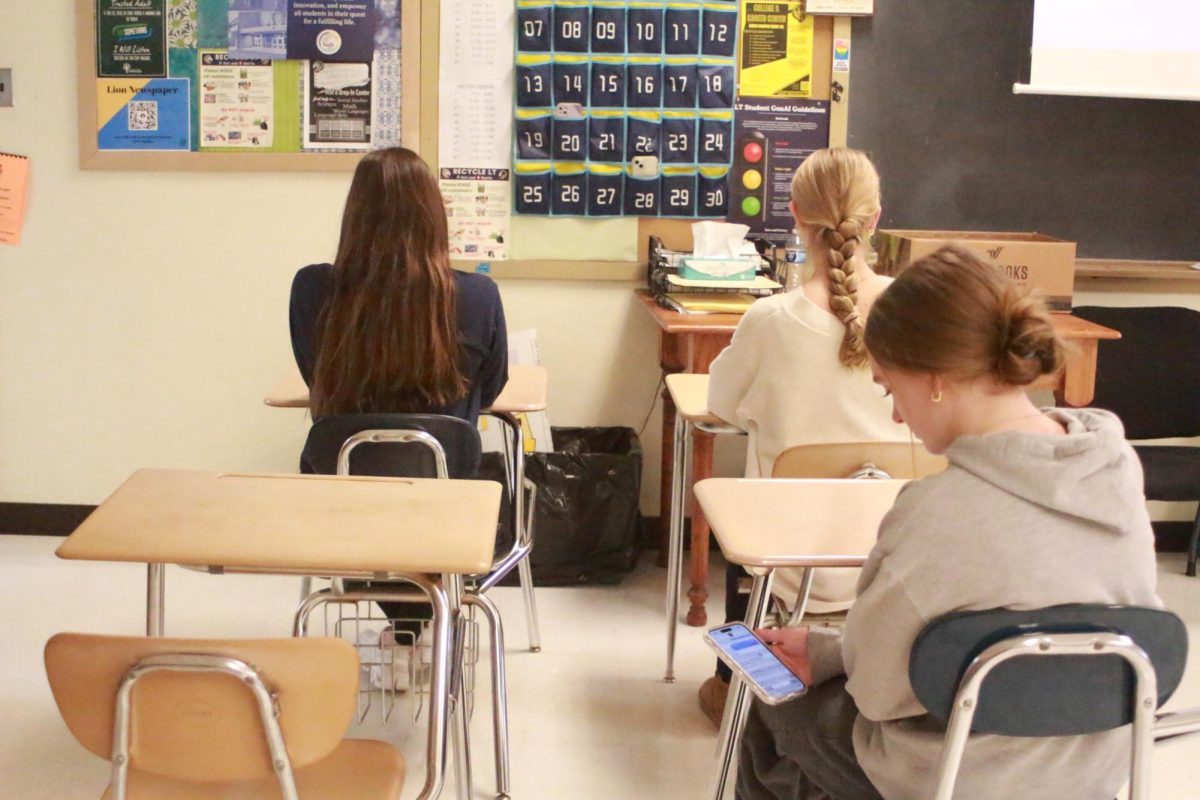


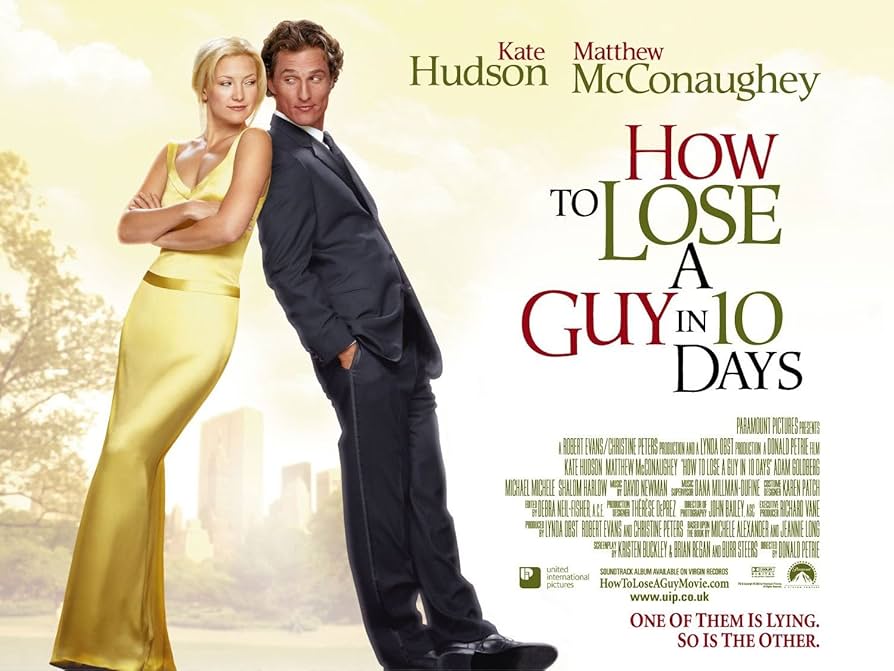



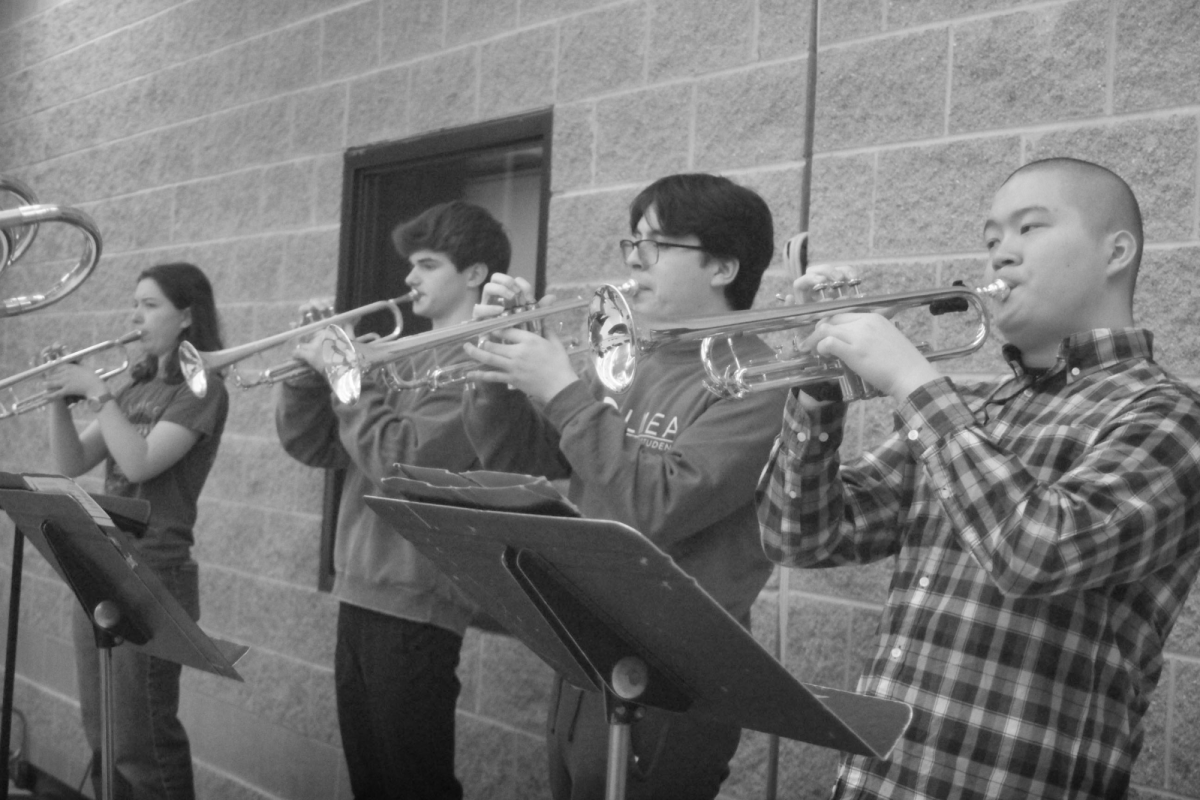
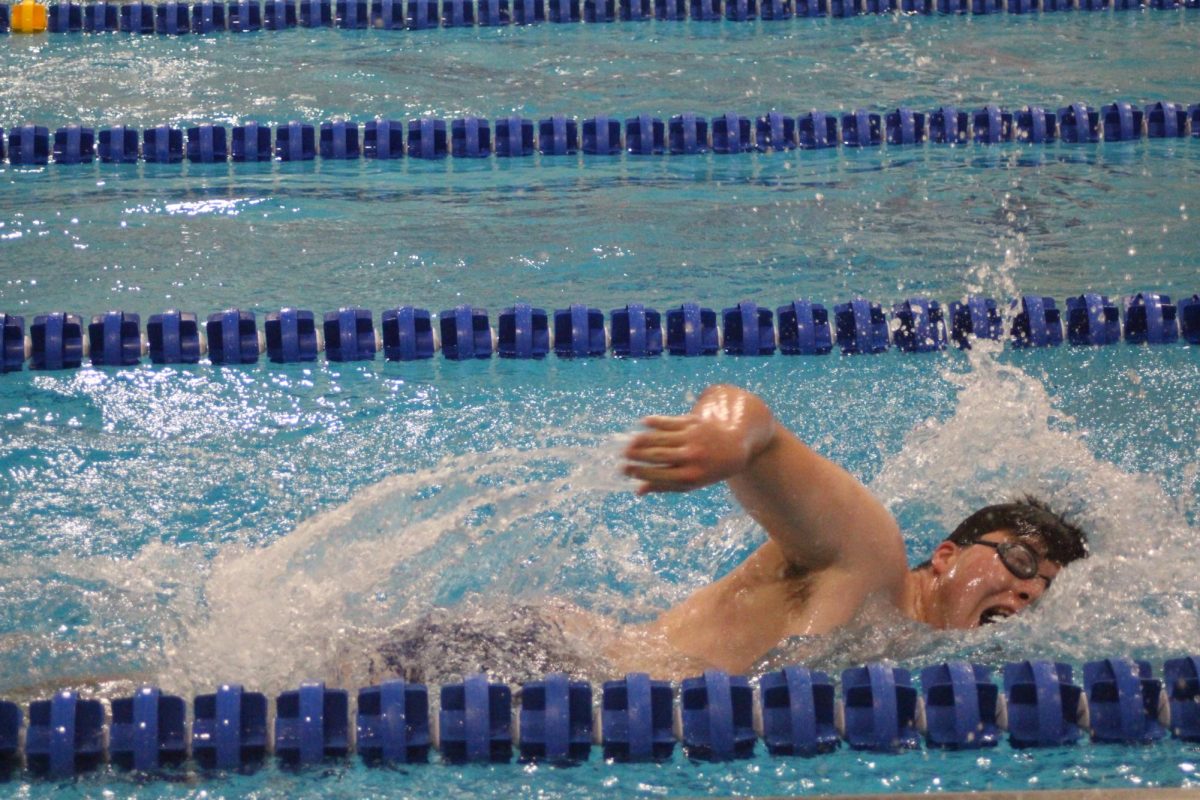
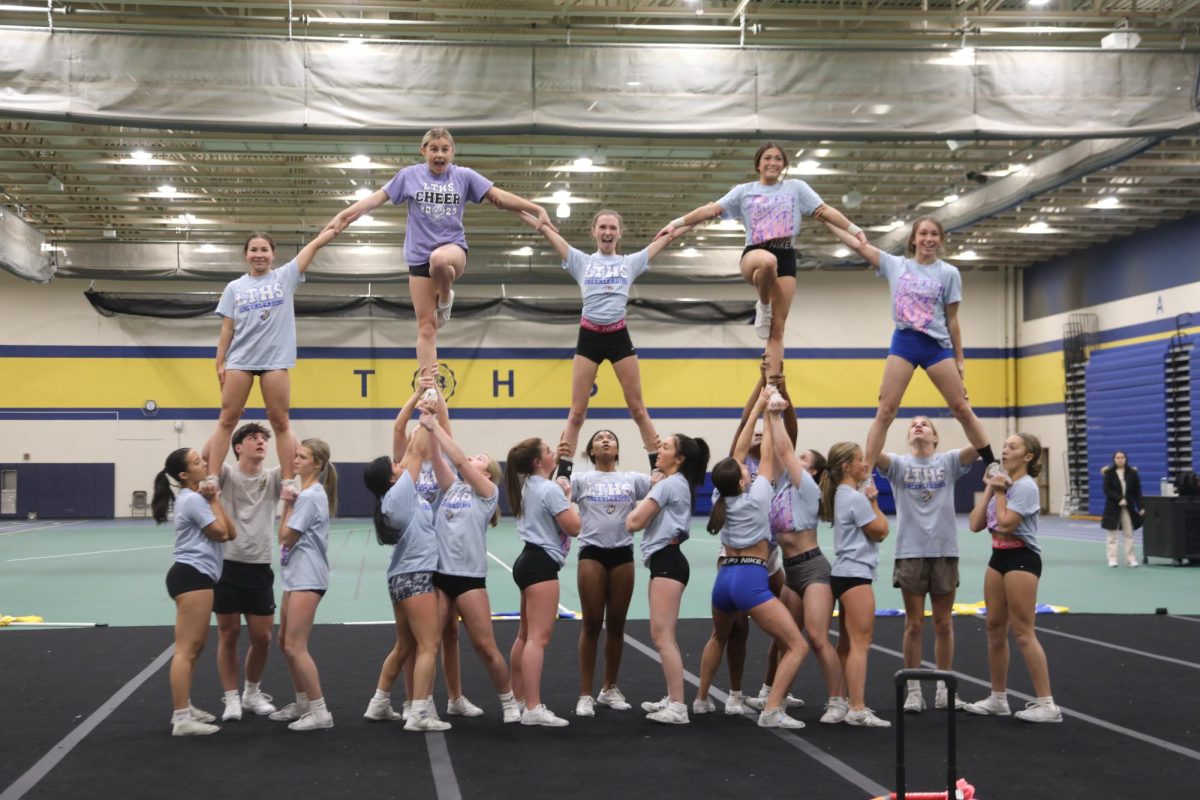
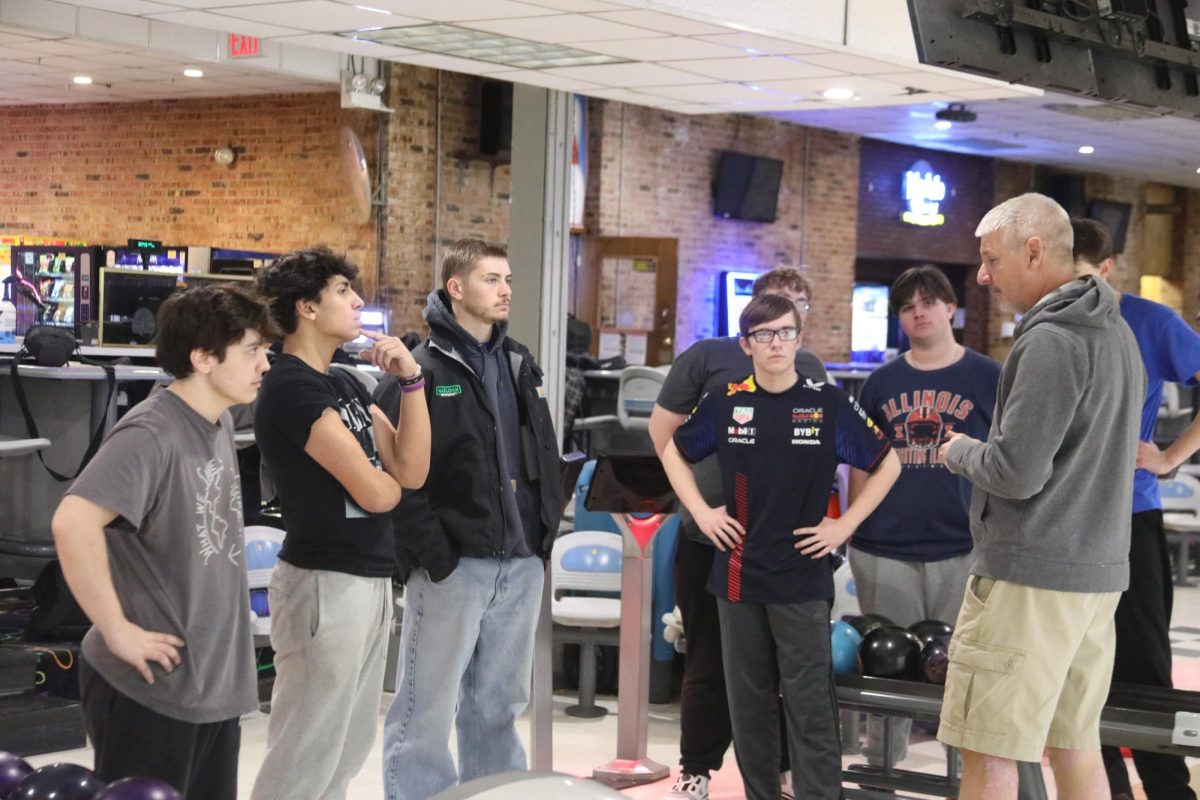

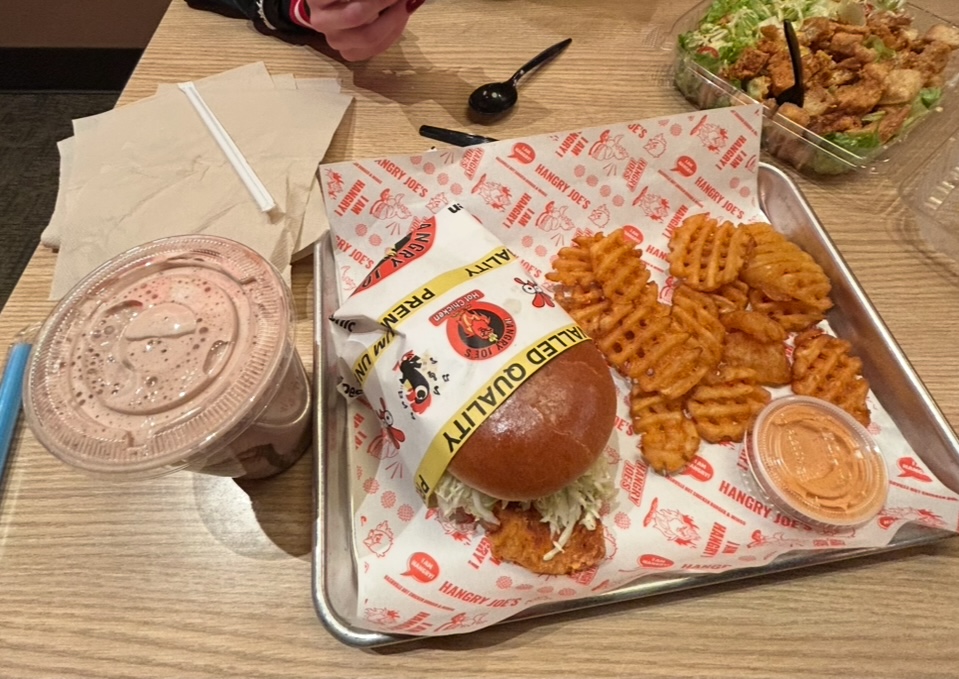





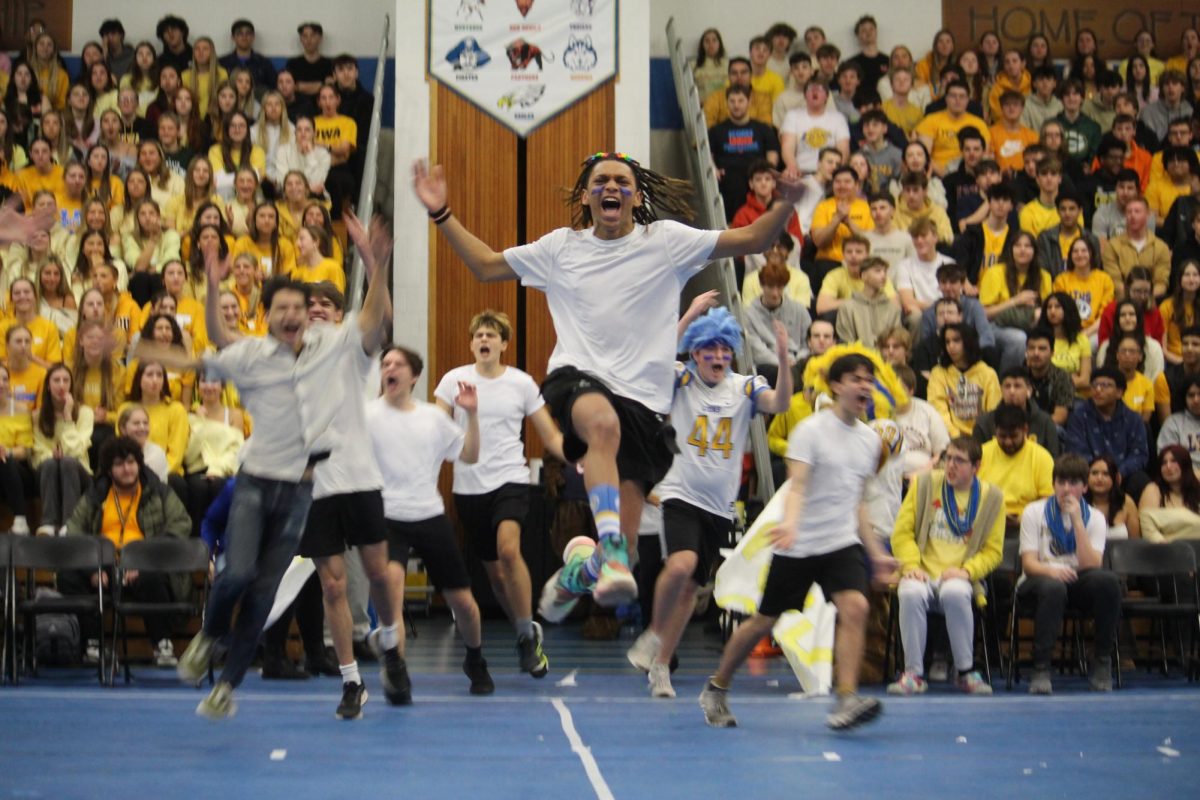


![Movie poster for '[Rec]" (2007).](https://www.lionnewspaper.com/wp-content/uploads/2023/04/rec-640x900.jpg)
